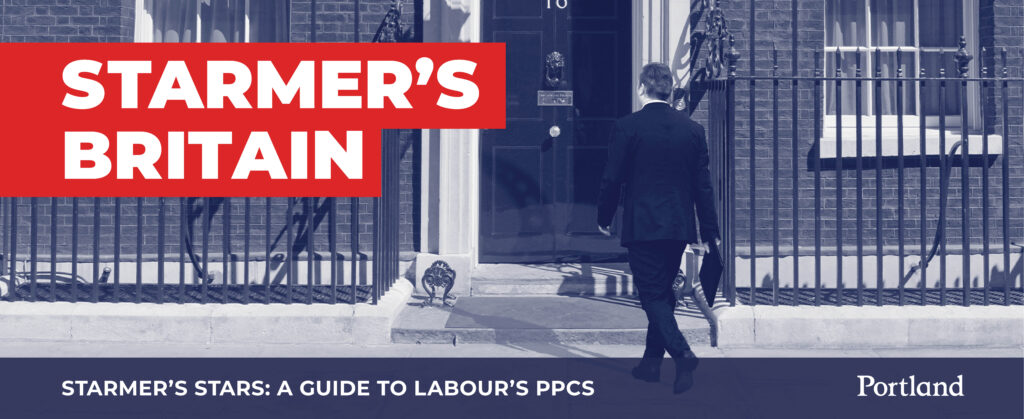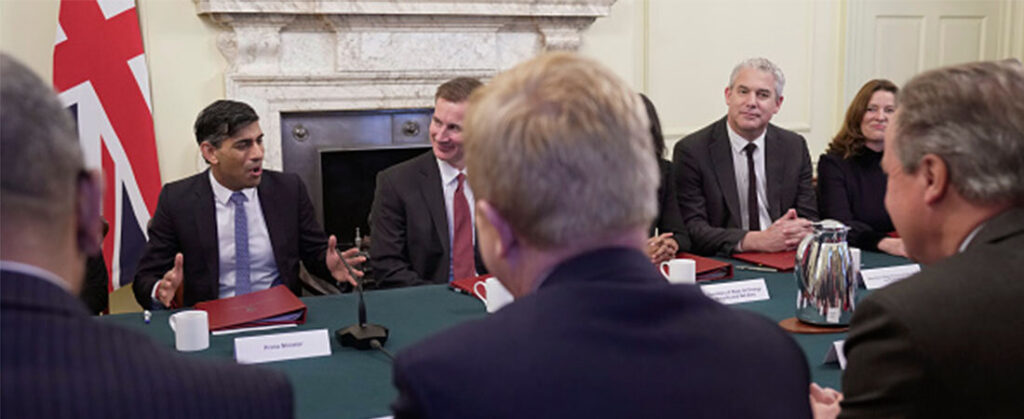James O’Shaughnessy – Director of Policy for David Cameron between 2007-2011, and now Portland’s Chief Policy Adviser – explains why the very unknown factor of a Romney Presidency could pose questions for the Special Relationship.
For British watchers of US politics the calculation is usually pretty simple: Conservatives want Republicans to win Presidential elections, and Liberal Democrats and Labour supporters root for the Democrat candidate. And while there is no doubting the preferences of those on the British left time around, it is hard to think of a Presidential election in recent history when conservatives have felt more ambivalent about whom they want to see as the eventual winner. There is a handful of ‘out’ Democrats in the Tory Party, like transport Minister Simon Burns, and several more die-hard Republican supporters, whose most eloquent spokesman is Conservative MEP Dan Hannan. But the majority of Parliamentary Conservatives would find it difficult to choose if they were given a vote tomorrow.
The source of that ambivalence has been described succinctly by British émigré Andrew Sullivan, a leading US political commentator and blogger. He believes passionately that President Obama is a moderate, non-ideological conservative in the mould of the British Tory Party. “Obama is simply and unequivocally the more conservative candidate”, says Sullivan, who uses as his yardstick as the Burkean tradition common to both nations. By contrast, the mainstream position in the Republican Party is increasingly libertarian. This dominant Tea Party tendency has infected even its previously moderate candidate Mitt Romney, who as Governor of Massachusetts introduced health reforms that provided the blueprint for the socialised ‘Obamacare’ he now decries. The unsaid conclusion of Sullivan’s analysis is that Obama is nearer the Conservative Party and the much of the Republican Party nearer to UKIP. No wonder some Tories feel their loyalty to the GOP under strain.
There are more practical reasons for that uncertainty too. The Coalition Government knows it can do business with Obama, and has done so in the key strategic fields of defence and foreign affairs (for example, the intervention in Libya or strategy for dealing with Iran) and economic policy (where there are similarities on energy policy, and Obama actually has more aggressive plans to cut the deficit). On social policy – including issues as diverse as healthcare, gay marriage and open data – there is much synergy and an ongoing exchange of ideas. And clearly there is a personal chemistry between the two countries’ leaders, as evidenced by last year’s Downing Street garden barbeque.
Governor Romney, meanwhile, presents a relatively unknown quantity. His gubernatorial record is sound and the policy programme he pursued in Massachusetts is one that many British people, from all parties and none, would find sensible. And notwithstanding his unfortunate insult to the British on the eve of what turned out to be the greatest Olympics of all time (Boris Johnson is probably not a fan), Romney is clearly a reasonable man with excellent family values. He might not pay much by way of tax, but anyone who donates around a third of his income to charity is worthy of admiration.
Rather, it is as a Presidential candidate that Romney’s policies cause some concern in Whitehall. Not so on economic policy, where his personal and political record inspires confidence about his ability to properly manage a US economy that is still getting back on its feet, but certainly when it comes to his emerging approach to foreign affairs.
The current UK government has a strong realist element. Partly that is due to the presence of the Liberal Democrats, the most conflict-averse of the major parties, but it also reflect a strong dose of caution in both the Prime Minister’s and Foreign Secretary’s approach to foreign affairs – the result of both personal beliefs and the mixed experiences of recent wars. It is also a practical function of the cuts that are being made to the armed forces. Both men are, of course, fully committed to the UK’s military mission in Afghanistan but they understand that appetite for further direct engagements in foreign theatres is limited. This reluctance is tempered by the desire to help oppressed peoples when they are in need, but as autumn falls on the Arab Spring, and as the moral certainty that accompanied the initial spasm of revolution recedes, a more cautious foreign policy is likely to re-emerge.
While this position is very similar to President Obama’s, Governor Romney’s stance has been more robust. He has taken a very tough attitude towards Iran and has gone further than President Obama in pledging support to Israel if it decides to use pre-emptive actions to protect itself from the threat of a nuclear Iran. Traditionally the US has been loathed to engage in direct action in the Middle East without the support of its oldest ally: is this a risk a future President Romney might be willing to take? And, if so, what would a Conservative-led government do in these circumstances? That is the great known unknown of a future Romney Presidency.






